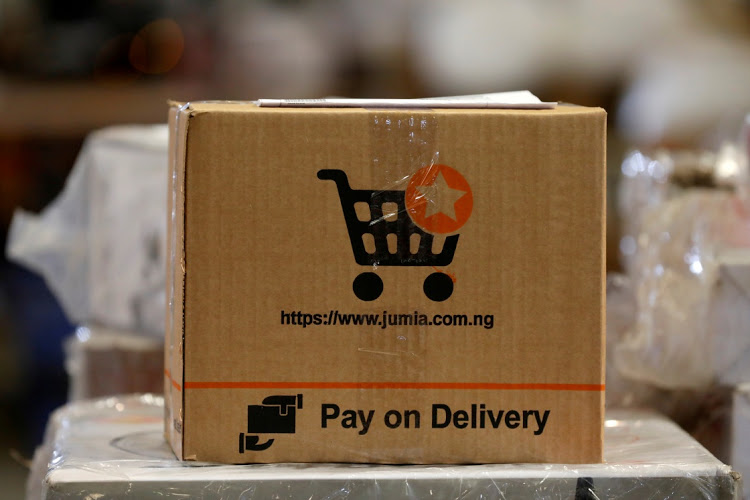E-commerce giant Jumia reported operating losses of $20.1 million for the third quarter of 2024, as challenging macroeconomic conditions in key markets continued to weigh on its revenues. This marks a 10% increase in operating losses compared to the same period last year.
Jumia’s stock ($JMIA) is currently trading at $4.16, reflecting a sharp decline in its market capitalization to $501.49 million. This is a significant drop from the $1.32 billion valuation it reached in July 2024, when renewed investor confidence temporarily boosted its stock.
The company’s Q3 2024 revenue fell to $36.4 million, down from $45 million in the same quarter last year. Its gross merchandise value (GMV), representing total sales on its platform, also saw a slight decline, dropping to $162.9 million.
Jumia highlighted “major operational steps” taken during the quarter, including enhancements to its logistics network and the opening of a new warehouse in Lagos, Nigeria, in June 2024.
“While these changes negatively impacted operations and expenses in the third quarter, we believe that these efforts position us well to scale and drive profitable growth,” said CEO Francis Dufay.
Jumia’s liquidity position has shown a notable improvement, rising to $164.6 million following the sale of 20 million ordinary shares in August. The company’s embedded finance platform, JumiaPay, also made strides by achieving a transaction volume of 3 million as Jumia continues to focus on advancing cashless payment solutions.
“As we move forward, we are committed to taking a disciplined approach to managing our operations,” said CEO Francis Dufay. “The proceeds from our recent capital raise will help accelerate our growth trajectory. However, we remain dedicated to executing our strategy in a controlled manner that avoids overspending and positions the business for sustainable, profitable growth over the long term.”
This marks a significant turnaround for Jumia as the company seeks to enhance cost-efficiency under its new leadership. Since assuming the role in 2022, Dufay has implemented sweeping changes, including workforce reductions, scaling back operations in underperforming markets, and shutting down the food delivery segment. These efforts have yielded measurable results, with operating losses reduced by 71% in Q1 2024. By Q2 2024, the company reported an 8% year-on-year reduction in losses.
In October 2024, Jumia announced plans to exit its South Africa and Tunisia markets by year-end due to underperformance. Together, these markets represented just 2% of customer orders and 3% of gross merchandise value (GMV) during the nine-month period ending in September.
As part of its cost-efficiency strategy, Jumia is refocusing operations in its remaining nine markets and may soon sell off assets in South Africa and Tunisia. These moves align with the company’s ongoing efforts to achieve profitability.





